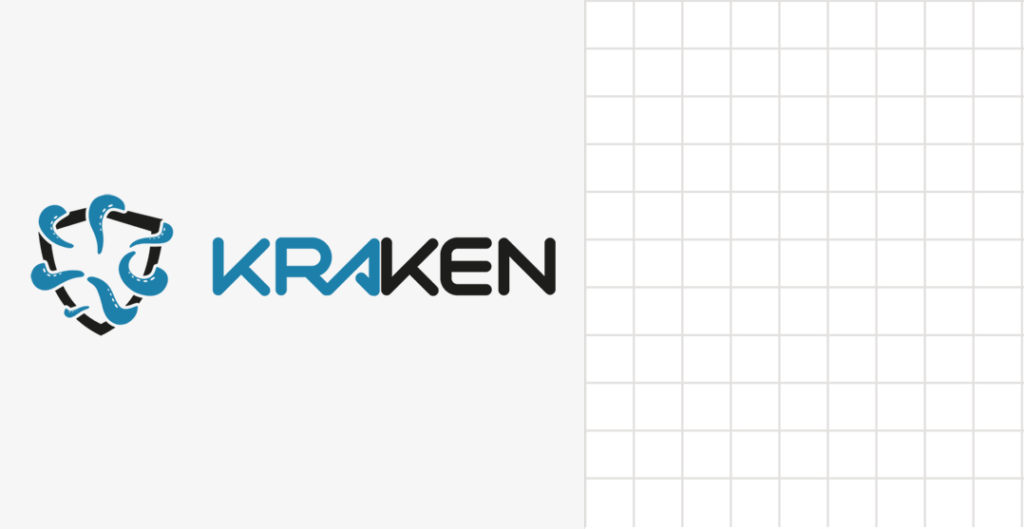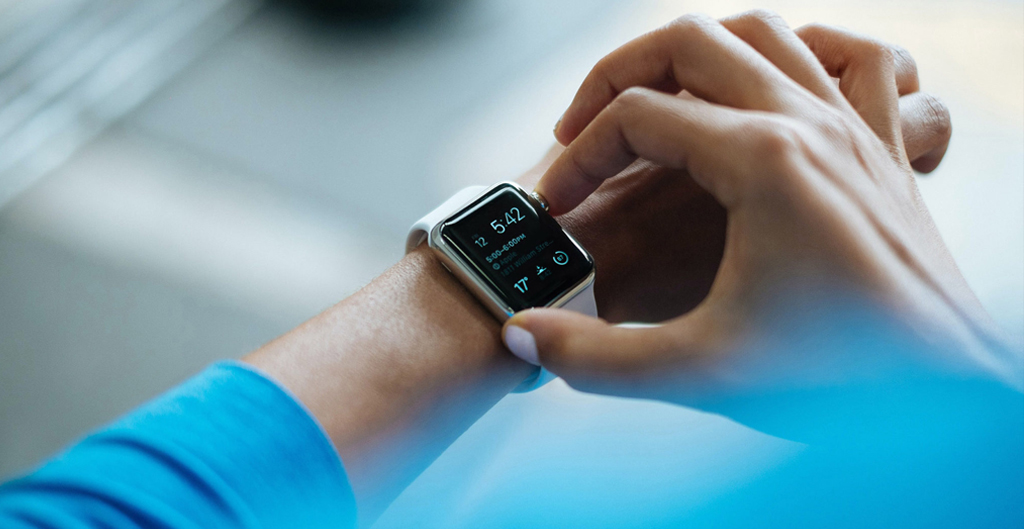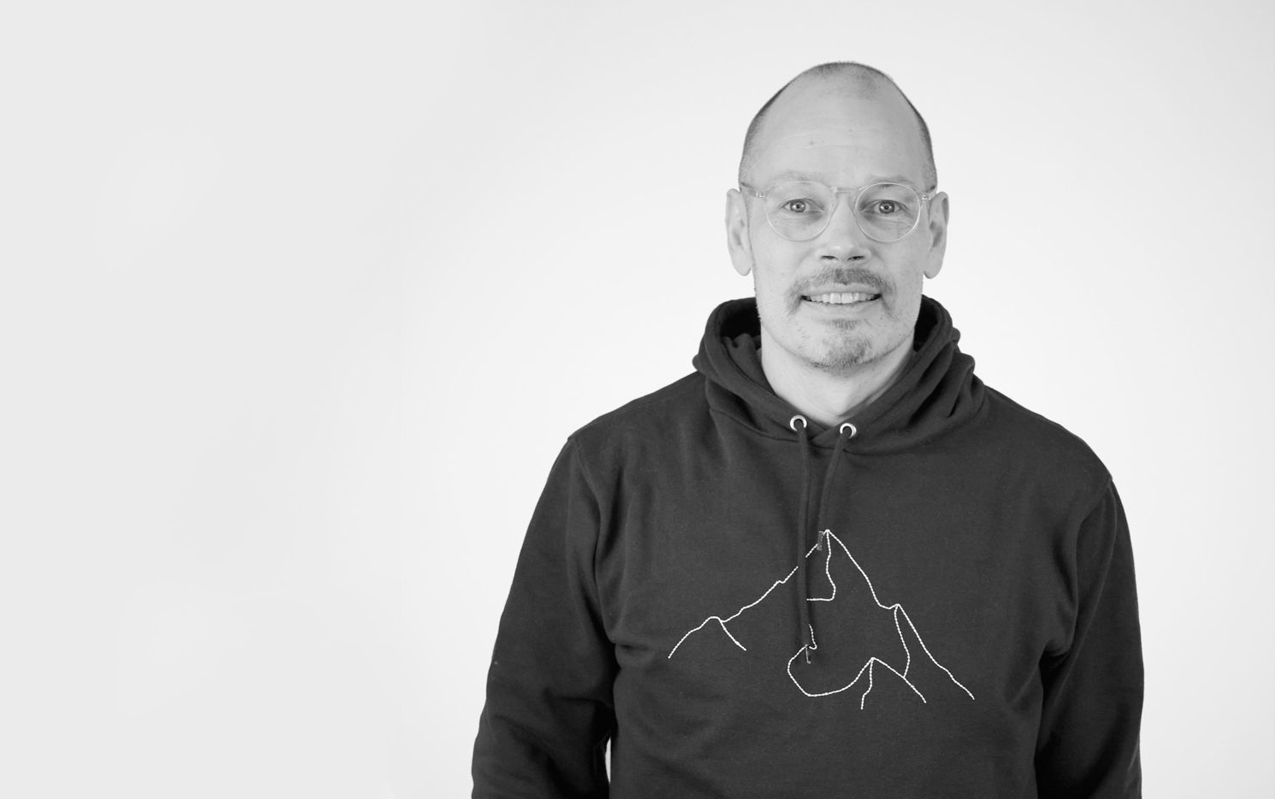KRAKEN: Returning data control to users with a personal data marketplace
The EU H2020 funded KRAKEN project aims to enable the sharing, brokerage, and trading of potentially sensitive personal data in healthcare and education by returning the control of this data to citizens throughout the entire data lifecycle.
Brought to public awareness by the legal changes that took place through the GDPR reform in 2018, data privacy, protection and sharing are increasingly relevant topics in the European context. The KRAKEN project arises from the desire of citizens to have greater control and protection of their own data. Today, with the emergence of digital health, which has seen the ever increasing integration of digital technologies within healthcare systems and our own daily wellness routines, as well as global pandemics creating the need for contact tracing and increased sharing of potentially sensitive healthcare data, these topics have more global relevance than ever.
We’re working with our partners to deliver a trusted and secure platform for the sharing, monetisation and acquisition of personal data, which will include state-of-the-art analytics tools that permit privacy-preserving data analysis.
Collaborators: Atos, InfoCert, Austrian Institute of Technology, Graz University of Technology, XLAB, KU Leuven Centre for Information Technology and Intellectual Property, Fondazione Bruno Kessler, Lynkeus srl, Stiftung Secure Information and Communication Technologies.


Introduction to KRAKEN
KRAKEN is a European wide three-year project funded by the EU Horizon2020 program. The project Consortium consists of 10 partners from 7 EU countries with different and complementary expertise. The KRAKEN team consists of academic and research profiles, industrial and legal profiles, as well as leaders in the latest technology and digital privacy.
The project aims to enable an ecosystem for the sharing and trading of potentially sensitive personal data using some of the latest advances in data protection, handling of personal data profiles, and payment for data sharing.
The role of TX is to leverage the existing infrastructure from the Streamr technology stack, build on its existing functionalities, and integrate it with partners’ technologies in Self Sovereign Identity and advanced crypto tools that guarantee data protection. Together, we’re building a marketplace for personal data that is in full compliance with the GDPR.

“If we create this kind of ecosystem that really works for people, for businesses, and for societies, the impact is going to be massive. We’re going to have magnitudes more of innovation, because data circulates.”
— Davide Zaccagnini, Managing Director at Lynkeus
Three project pillars
The project is based on three basic pillars:
– Self-sovereign identity paradigm, providing decentralised user-centric access control to personal data;
– A data marketplace, allowing personal data sharing whilst preserving privacy; and
– A set of analytic techniques based on advanced crypto tools used in order to guarantee data protection.
The platform being built within the KRAKEN project can be applied to many different sectors, however the initial deployment focus will be on two pilots with the Health and Education sectors.

Health pilot: A health and wellness data marketplace for individuals and organisations
The KRAKEN Health Pilot aims to develop a biomedical data marketplace for individual citizens and healthcare organisations. Within this marketplace, it will be possible to commercialise patient medical records and real-world wellbeing data streams from wearable devices in full compliance with GDPR.
This biomedical and wellness data marketplace will connect individual citizens and healthcare organisations and share medical and wellness data streams with data consumers, such as academic research centres, health tech companies, insurers, public authorities and wellbeing service providers, in exchange for economic value.
The platform will leverage and further build upon existing blockchain data infrastructures of the H2020 MyHealthMyData (MHMD) and Streamr projects. Trading will involve personal health records, including lab results, medical histories and radiology images, and real-world health and wellbeing data, such as heart rate, dietary information and physical activity recorded by mobile apps and other wearable devices.
Education pilot: Protecting and authenticating student data
The KRAKEN Education Pilot will allow university students to trade their academic records within the data marketplace in a privacy-preserving way, and recruitment agencies to acquire this data and process it, keeping the student’s privacy intact.
Universities produce academic data from students, such as graduation certificates, certificates for each course, and the enrolment status for individual terms. With KRAKEN, a student can export their data into a cloud data wallet and share it on the data marketplace. By using privacy-preserving cryptography, such as Functional Encryption and multi-party computing, a recruitment service provider can purchase a set of student data and use it for analytics, without invading the privacy of individual students. Additionally, KRAKEN uses self-sovereign identity solutions to always ensure user consent and a link between universities/students and their data in a privacy-friendly way.

ATARCA has received funding from the European Union’s Horizon 2020 research and innovation programme. Any dissemination of results here presented reflects only the consortium view.
Contact us
Looking for someone to stir your ideas? We would be happy to lend you a helping hand. Our Chief Design Officer Mikael has an open mind and calendar.
Find a time with Mikael:
Or drop us a message to discuss your project
Related posts

Successful Web3 Services Require More Than Code Strings
New businesses are entering the Web3 development space at remarkable speed. As startup companies rush to publish technical whitepapers for investors, the question of utility is often missed. While we are busy building the next big thing for the internet, we shouldn’t forget about the fundamentals of great design, which includes understanding who the end users are and what they want.

Service Design is not enough for Web3 – an update is in the works
Service design is doing a great job, and so is its sibling UX design. We’ve all enjoyed the results in the form of better working apps and web services. But it’s good to realize that service design is a practice tailored for Web2 and its mainstream adoption dates back to the rise of digital platforms one or two decades ago. There’s an update in the works for Web3, and it’s called ecosystem design. I’ll explain in this post what it’s all about.
Find out more
For information on how we can transform your sector or business, please schedule a meeting or get in touch using the contact details below.



